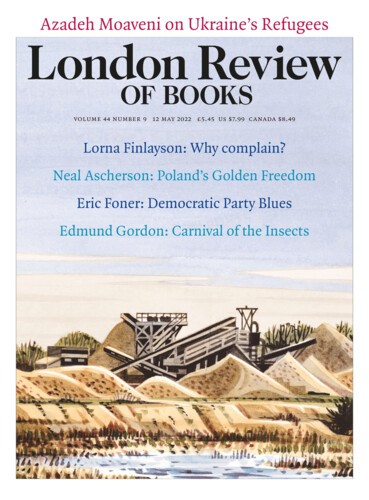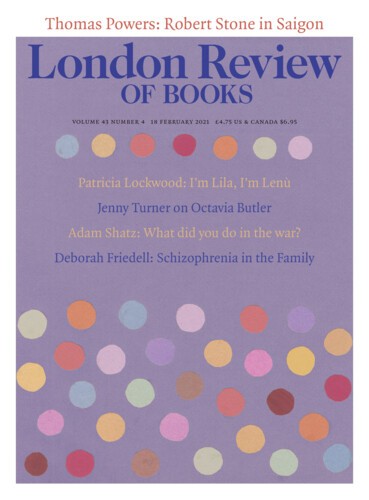Now he had opps: Youth Work
Daniel Trilling, 12 May 2022
In the summer of 2018, Lucy Knell-Taylor, a youth worker at King’s College Hospital in Camberwell, noticed that teenagers were talking more often about guns and knives. One girl said she had seen someone pistol-whipped at a party; other stories suggested that weapons were becoming more easily available. Knell-Taylor’s workload began to rise. She told Ciaran Thapar that she felt...



